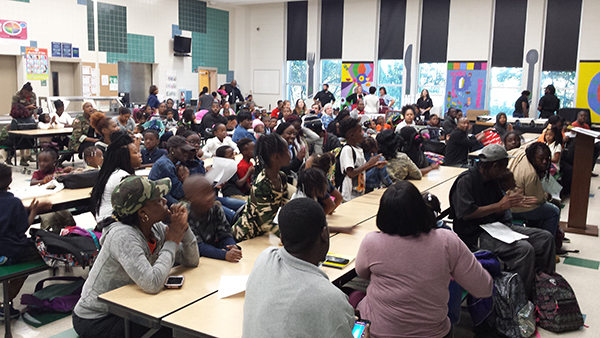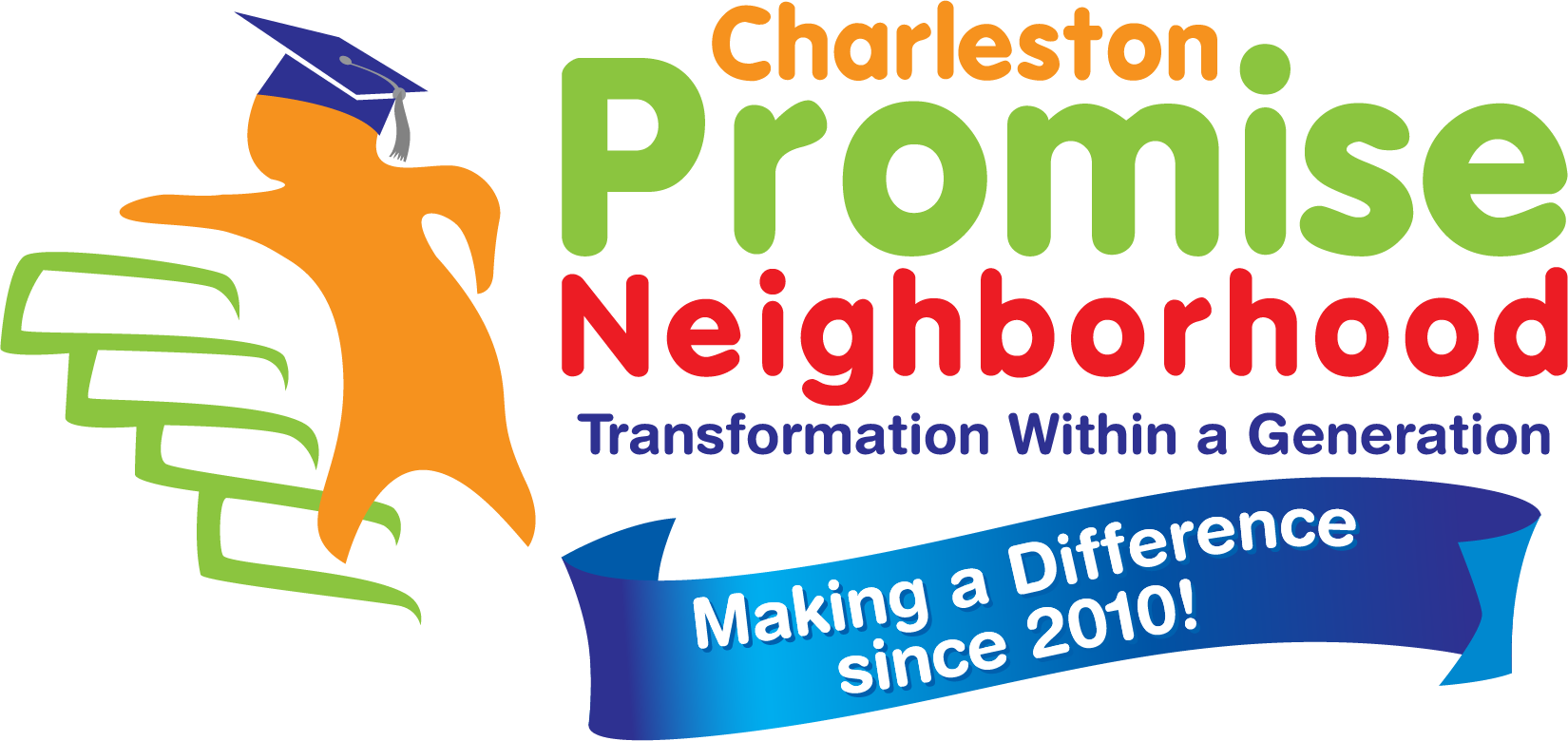No one is more important to a child than their parent. Because children spend 70% of their time away from school, any effort to improve children’s academic performance must include and involve their parents.
 Research has demonstrated repeatedly and convincingly that parental and community involvement in schools leads to improved academic and behavioral outcomes for children.
Research has demonstrated repeatedly and convincingly that parental and community involvement in schools leads to improved academic and behavioral outcomes for children.
One study found that family participation in education was twice as predictive of students’ academic success as family socioeconomic status. Some of the more intensive programs had effects that were 10 times greater than other factors.
So what does family and community involvement entail?
The federal No Child Left Behind Act defines parental involvement as “the participation of parents in regular, two-way, and meaningful communication involving student academic learning and other school activities.”
Research generally suggests that robust community collaboration must offer a broad range of school, family, and community activities designed ultimately to support student success. Successful school-parent-community partnerships are not siloed; they are integrated into the everyday work of the school.
Many parents complain that schools’ community engagement practices don’t address their real life issues.
They point to time and transportation issues that limit their ability to participate in activities. They acknowledge discomfort communicating with educators who don’t share their experiences or speak their language. Some are frustrated with school bureaucracies and believe the schools only communicate when there is a problem. These roadblocks must be taken into consideration when designing school-community activities.
Charleston Promise Neighborhood (CPN) is committed to vigorous community involvement in its work. The organization believes that no one is more important in the lives of children than their parents.
Community Engagement Council
At its inception, Charleston Promise Neighborhood created a Community Engagement Council to enhance community involvement in the schools. Everyone in the neighborhood is invited to serve on the council, whose proposals have been adopted by CPN.
Most notably, the very successful YouthPromise initiative was developed by the Community Engagement Council and implemented by CPN.
Charleston Promise Neighborhood also offers a series or programs in the neighborhood to increase connections between the schools and parents. They include health literacy workshops, family engagement nights and on-site school events and activities.
With empirical evidence so clearly supporting healthy parental and community involvement in schools, CPN will remain committed to bringing school involvement opportunities into the community. It is one aspect of the plan to achieve transformation within a generation.




